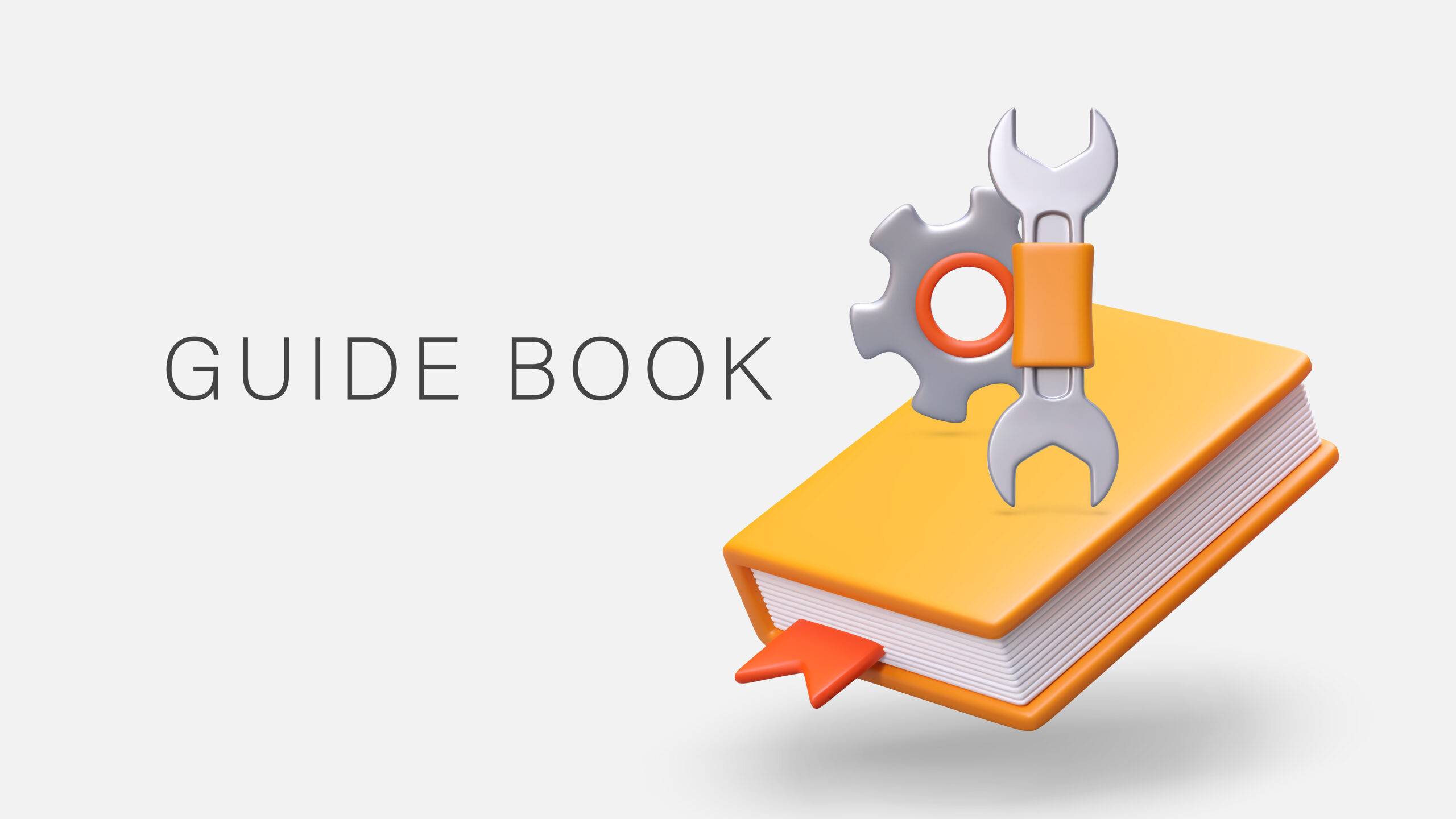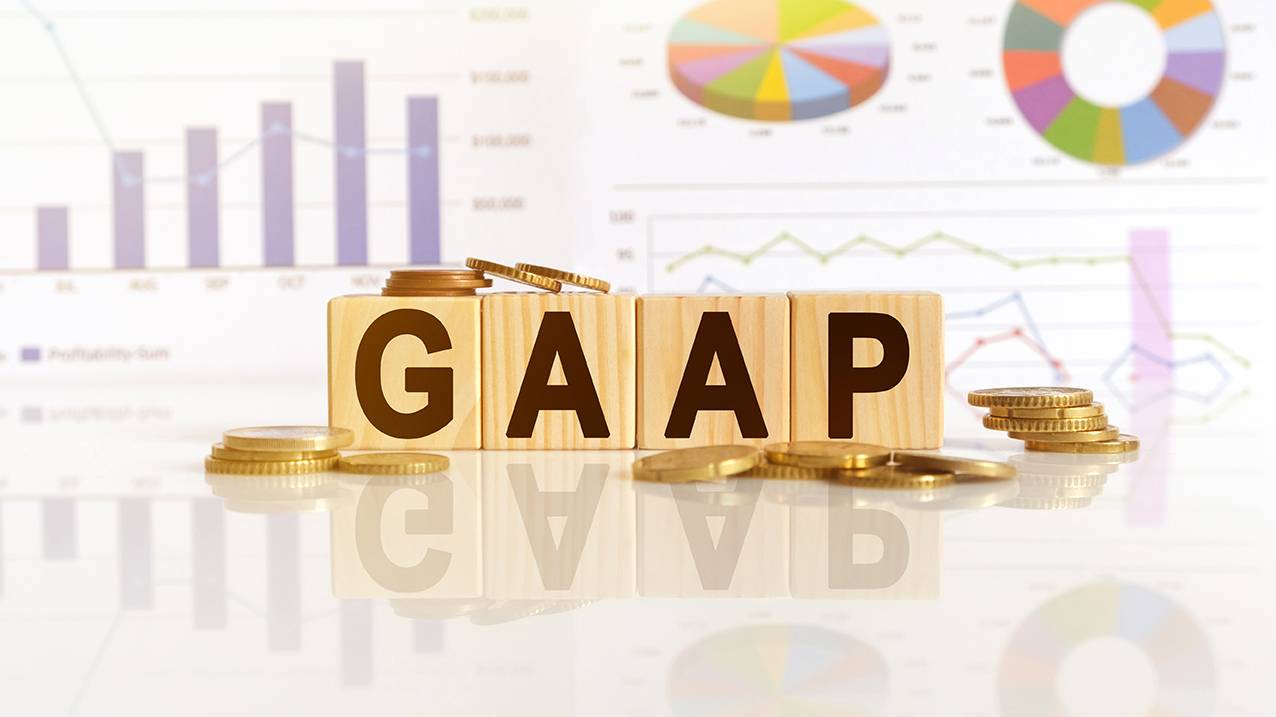Self-Study
The Comprehensive Bookkeeping Guidebook
Thorough guide to Essential Bookkeeping Principles and Practices. Transform your capabilities across all accounting functions, from basic principles to specialized tasks required in modern organizations.

$375.00 – $415.00
Webcasts are available for viewing Monday – Saturday, 8am – 8pm ET.
Without FlexCast, you must start with enough time to finish. (1 Hr/Credit)
Please fill out the form below and we will reach out as soon as possible.
CPE Credits
15 Credits: Accounting
Course Level
Overview
Format
Self-Study
Course Description
In smaller organizations, bookkeepers are often tasked with managing a broad range of accounting activities, from payroll to financial statement issuance, posing a significant challenge due to the diverse knowledge required. The Comprehensive Bookkeeping Guidebook addresses this problem by offering a detailed overview of all aspects of the bookkeeping role. This bookkeeping CPE course examines the issue of overwhelming responsibilities by emphasizing the necessity of understanding various accounting principles and procedures. Part one of this bookkeeping CPE class dives into the general system of accounting, while the second part focuses on specific functional areas. Participants will gain practical skills in handling everything from billings and payroll to income tax reporting, transforming them into versatile, capable bookkeepers capable of handling the comprehensive demands of their role.
Learning Objectives
Upon successful completion of this course, participants will be able to:
Chapter 1
- Cite the responsibilities of the bookkeeper
Chapter 2
- Recognize the underlying principles of accounting, and the nature of the accounting cycle.
Chapter 3
- Identify the situations in which different chart of account structures should be used, and the issues relating to the reduction of the chart of accounts.
Chapter 4
- Specify the types of subsidiary ledgers, and the uses to which the trial balance can be put.
Chapter 5
- Recognize the steps involved in closing the books and reviewing the financial statements.
Chapter 6
- Identify the different formats in which the financial statements can be presented, and the accounts used in each of the statements.
Chapter 7
- Identify ratios that can be used to interpret the information in the financial statements.
Chapter 8
- Cite the controls used in the processing of billings, cash receipts, payables, expense reports, petty cash, and payroll.
Chapter 9
- Specify the documents used in the processing of credit requests, billings, and communications with customers.
Chapter 10
- State the responsibilities of the parties involved in cash processing, and the causes of errors in that processing.
Chapter 11
- Identify the situations in which procurement card billings can be called into question, and the types of reimbursements allowed on an expense report.
- Cite the reimbursement rules related to expense reports.
- Describe the elements of a petty cash system.
Chapter 12
- Recognize the types of inventory tracking systems, and the methods available for estimating the cost of ending inventory.
Chapter 13
- Cite the key concepts relating to the calculation of depreciation, as well as the methods of depreciation.
- Describe the depreciation rules related to land.
Chapter 14
- Identify the causes of a loan balance difference in the records of the borrower and lender.
Chapter 15
- Recognize the government forms associated with payroll activities.
- Specify the methods for calculating gross pay and determining income tax withholdings.
- Recognize the accounting for payroll transactions.
Chapter 16
- Recognize the timing of payroll tax deposits, and the penalties applicable to late payments.
- Describe how the FUTA tax is calculated.
Chapter 17
- Cite the forms used by the different types of businesses to report their income tax liabilities.
- Describe the loss recognition by partners in a partnership.
Course Specifics
1173407
October 10, 2024
There are no prerequisites.
None
346
Compliance Information
CMA Notice: Western CPE makes every attempt to maintain our CMA CPE library, to ensure a course meets your continuing education requirements please visit Insitute of Management Accountants (IMA)
CFP Notice: Not all courses that qualify for CFP® credit are registered by Western CPE. If a course does not have a CFP registration number in the compliance section, the continuing education will need to be individually reported with the CFP Board. For more information on the reporting process, required documentation, processing fee, etc., contact the CFP Board. CFP Professionals must take each course in it’s entirety, the CFP Board DOES NOT accept partial credits for courses.
Meet The Experts

Steven M. Bragg, CPA, is a full-time book and course author who has written more than 300 business books and courses. He provides Western CPE with self-study courses in the areas of accounting and finance, with an emphasis on the practical application of accounting standards and management techniques. A sampling of his courses include the The New Controller Guidebook, The GAAP Guidebook, Accountants’ Guidebook, and Closing the Books: An Accountant’s Guide. He also manages the Accounting Best Practices podcast. Steven has been the CFO or controller of both public and private companies and has been a consulting manager with Ernst & Young and …
Related Courses
-
 Accounting
Accounting
Accountants’ Guidebook
Steven M. Bragg, CPA QAS Self-Study
Credits: 30 $600.00
QAS Self-Study
Credits: 30 $600.00$600.00 – $640.00
-
 Accounting
Accounting
Accounting Fraud: Recent Cases
Joseph Helstrom, CPA QAS Self-Study
Credits: 1 $29.00
QAS Self-Study
Credits: 1 $29.00$29.00 – $49.00
-
 Accounting
Accounting
GAAP Guidebook
Steven M. Bragg, CPA QAS Self-Study
Credits: 29 $580.00
QAS Self-Study
Credits: 29 $580.00$580.00 – $620.00
